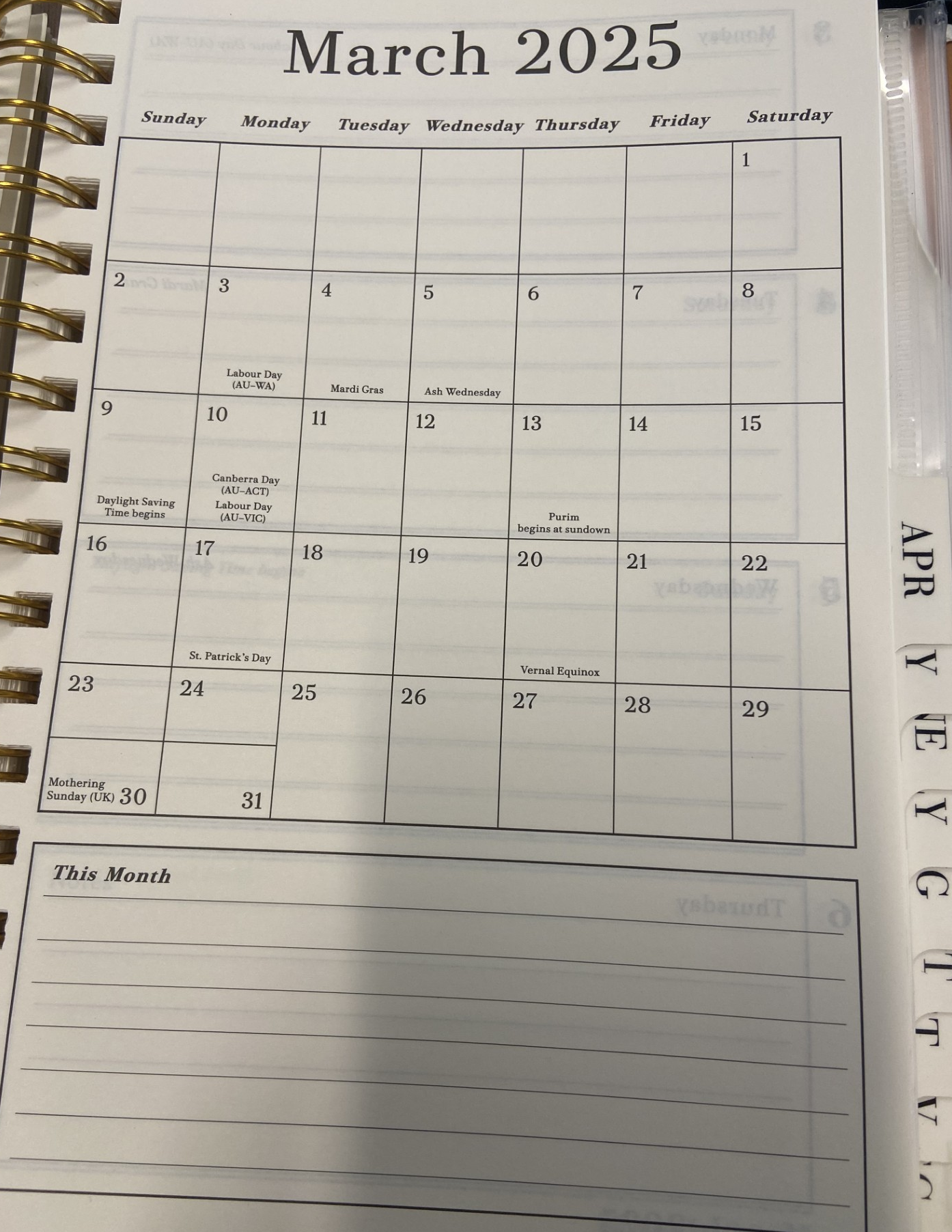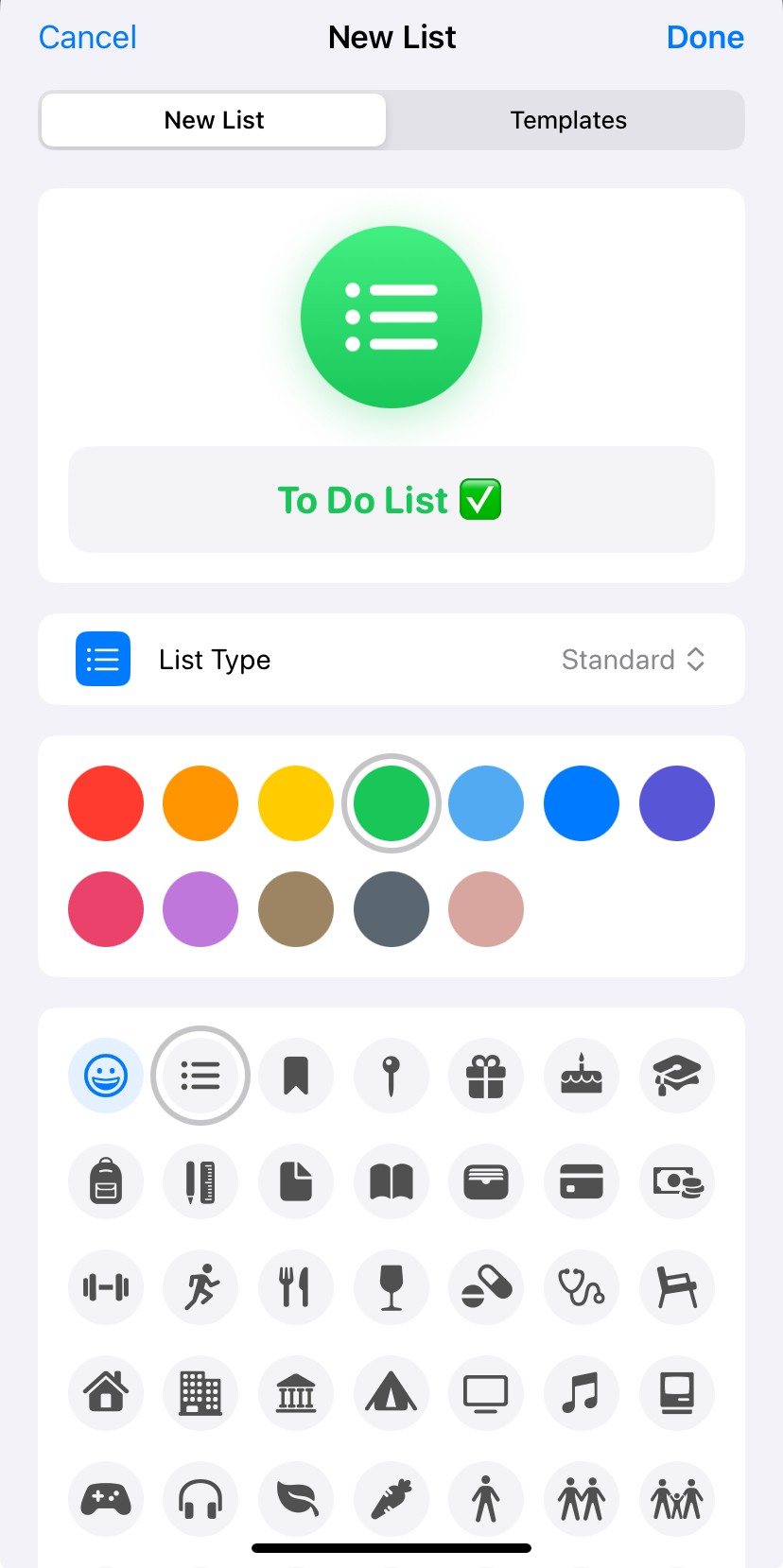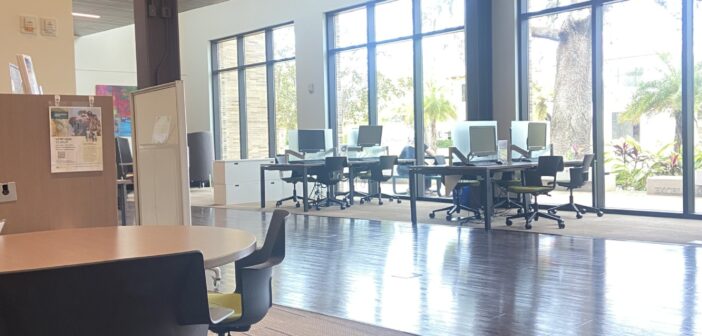By: Sayuri Vargas-Hernandez, Staff Writer
In March, longer days and brighter evenings arrived with the shift to daylight saving time. However, adjusting the clocks by just one hour disrupted many college students’ sleep routines, leaving them struggling to adapt.
While it may seem insignificant, the time change has a notable impact, especially for college students.
Many already face irregular sleep schedules due to balancing classes, part-time jobs, extracurricular activities, and late-night studying, so losing an extra hour only makes things harder.


“As a college student, the time did affect my sleep schedule since I already had a routine; the next day, I woke up more tired than usual, so I created a new sleep schedule to get my body used to this new time,” said Jocelyn Osei-Sasu, a senior majoring in business management.
Even small changes in sleep routines can disrupt focus, energy levels, and overall productivity.
For instance, many students might struggle to stay alert during early morning lectures, while fatigue can lead to stress, anxiety, and diminished well-being. A shift in sleep can reduce productivity and leave individuals more prone to errors.
To cope, some students limit screen time before bed and replace it with reading or meditation. Excessive screen exposure can make it harder for students to sleep.



Establishing a consistent bedtime routine and avoiding caffeine in the afternoon or before bedtime can also help improve sleep quality.
Many students turn to naps to recover lost sleep. Naps can provide short-term energy, which is considered essential for sustaining energy and focus throughout the day.
However, excessive napping is not recommended, as this might interrupt titular nighttime sleep.
While daylight saving time might seem like a minor issue, even a small disruption in sleep patterns can affect college students’ daily lives. That’s why students strive to develop healthy sleep habits that align with their academic schedules.
With each student following a unique timetable, a consistent routine is crucial for maintaining focus and productivity
Ultimately, prioritizing sleep is essential to navigating the challenges posed by the seasonal time change.





